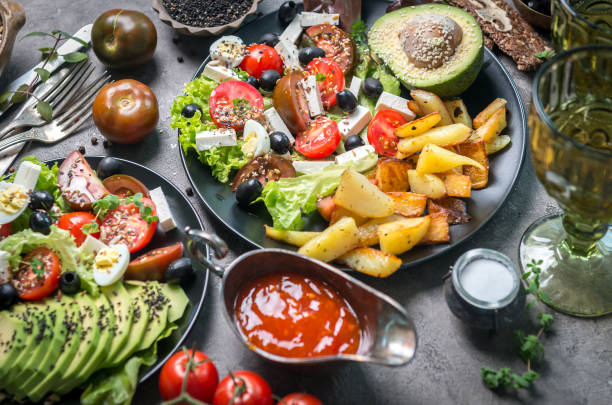What is “detoxification”? This is a detoxification process that involves the use of certain products, diets, and other methods in order to rid your body of “toxins.”
Social media is awash with detoxes, and celebrities and influencers promote them.
The documentary Mirror Mirror, Are You Well? by Todd Sampson will air on Channel 10 in the coming week. It explores our fascination for detoxing and the science behind it.
Here’s everything you need to consider if you are considering a detox.
Detoxification is not a new concept.
Since Hippocrates believed that four bodily liquids, or “humors” – blood phlegm, black bile, and yellow bile, had to be in balance for good health, detoxing has been a popular practice. Unwellness is a sign that the body’s fluids and organs are out of balance and need to be corrected.
Over the centuries, these “imbalances” have been treated by everything from enemas to Leech Therapy to Bloodletting. A tube is inserted into the anus in order to deliver fluids or medication to the colon or rectum. Emetic are compounds that make you vomit. Bloodletting involves using techniques that are not for the faint-hearted to remove blood and purportedly cure diseases.
Read more: Gwyneth Paltrow’s new Goop Lab is an infomercial for her pseudoscience business.
Meanwhile, throughout history, the ritual of fasting as a display of self-discipline, purity, and holiness was common, particularly among women.
What are the various types of detoxification?
Today, detoxes are a little different. Over-the-counter and online detox products are usually teas or beverages that can be consumed in place of food.
Some of these approaches start with a phase of fasting or use intermittent fasting throughout the entire program.
This tag appears on an increasing number of products, including teas, coffees, infused water, and drinks that contain fruit, vegetables, or herbal mixtures. These products claim to remove toxins or boost immunity.
According to global predictions, the market for detox drinks, which is estimated to be worth over US$5 billion by 2022, will increase in value by another 50% by 2030.
Teas are often used as detox products. Svetlana Repnitskaya/Getty
In a survey conducted by naturopaths in the United States, a study on detoxification treatments recommended that over three-quarters of them recommended dietary measures. These included “cleansing food” (such as beetroot), vitamins, minerals or antioxidant supplements, organic products, elimination diets, and probiotics.
There are many ways to detox. While dietary and drinking measures are common, there is also a variety of more unusual methods.
One-third of patients in that same US study had undergone colonic irrigation, which involves
Over a quarter of respondents had used laxatives or homeopathic remedies.
We don’t yet have comparable data for Australia. However, in a survey of over 2,000 Australian adults, we found that 63% either used complementary therapies or sought advice from someone else about them the year before. One of these therapies was detoxification.
Read more: What are ‘fasting’ diets, and do they help you lose weight?
Do detoxes work?
The short answer to this question is no. The short answer is no.
The review also pointed out that detoxes contradict the principles of human physiology in that our liver and kidneys remove toxins quite efficiently.
The 2015 review found that studies on detox diets did not support their use.
There is no evidence to support detox diets. andresr/Getty
Detox products do not have to prove their effectiveness to be sold. The Therapeutic Goods Administration regulates complementary medicines in Australia. They assess the quality and safety of the ingredients but do not test their effectiveness.
Before purchasing any products, you should verify the manufacturer’s claims. Be skeptical about promises such as rapid weight loss or elimination of toxins. Other claims include improved self-esteem or energy, inner peace, or better skin.




